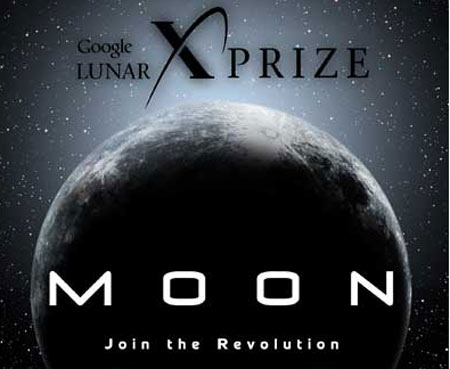
Breaking News
 BACKWARD ROLLING CONFIRMED: 1,624 Contracts Just Demanded Delivery NOW ($100 Silver is Inevitable)
BACKWARD ROLLING CONFIRMED: 1,624 Contracts Just Demanded Delivery NOW ($100 Silver is Inevitable)
SEMI-NEWS/SEMI-SATIRE: January 11, 2026 Edition
 "Appalling": Debanking Explodes To Record High In Britain
"Appalling": Debanking Explodes To Record High In Britain
 MTG explodes in astonishing f-bomb laden tirade as Trump orders Secret Service probe:
MTG explodes in astonishing f-bomb laden tirade as Trump orders Secret Service probe:
Top Tech News
 World's most powerful hypergravity machine is 1,900X stronger than Earth
World's most powerful hypergravity machine is 1,900X stronger than Earth
 New battery idea gets lots of power out of unusual sulfur chemistry
New battery idea gets lots of power out of unusual sulfur chemistry
 Anti-Aging Drug Regrows Knee Cartilage in Major Breakthrough That Could End Knee Replacements
Anti-Aging Drug Regrows Knee Cartilage in Major Breakthrough That Could End Knee Replacements
 Scientists say recent advances in Quantum Entanglement...
Scientists say recent advances in Quantum Entanglement...
 Solid-State Batteries Are In 'Trailblazer' Mode. What's Holding Them Up?
Solid-State Batteries Are In 'Trailblazer' Mode. What's Holding Them Up?
 US Farmers Began Using Chemical Fertilizer After WW2. Comfrey Is a Natural Super Fertilizer
US Farmers Began Using Chemical Fertilizer After WW2. Comfrey Is a Natural Super Fertilizer
 Kawasaki's four-legged robot-horse vehicle is going into production
Kawasaki's four-legged robot-horse vehicle is going into production
 The First Production All-Solid-State Battery Is Here, And It Promises 5-Minute Charging
The First Production All-Solid-State Battery Is Here, And It Promises 5-Minute Charging
 See inside the tech-topia cities billionaires are betting big on developing...
See inside the tech-topia cities billionaires are betting big on developing...
Two Google Lunar X Prize teams are going to share a ride to the Moon next year

Two of the teams competing in the Google Lunar X Prize competition have agreed to share a ride to the Moon next year. The Japanese team, HAKUTO, announced today that it will use the same rocket as the Indian group Team Indus to get its four-wheeled lunar rover to the Moon's surface. Team Indus announced last month that its spacecraft — a lunar lander and rover combo — is slated to ride on a PSLV rocket, a proven vehicle developed by the Indian Space Research Organization.
"This is a great demonstration of teams coming together."
The ride-share agreement and launch contracts have been officially verified by X Prize, which means HAKUTO can move forward in the competition. "We're proud to verify HAKUTO's launch agreement and are pleased to see two Google Lunar X Prize teams collaborating on this mission to the Moon," Chanda Gonzales-Mowrer, a senior director at Google Lunar X Prize, said in a statement. "The purpose of this prize was, in part, to foster collaboration in the private sector and this is a great demonstration of teams coming together in the next giant leap in space exploration."

 Storage doesn't get much cheaper than this
Storage doesn't get much cheaper than this

